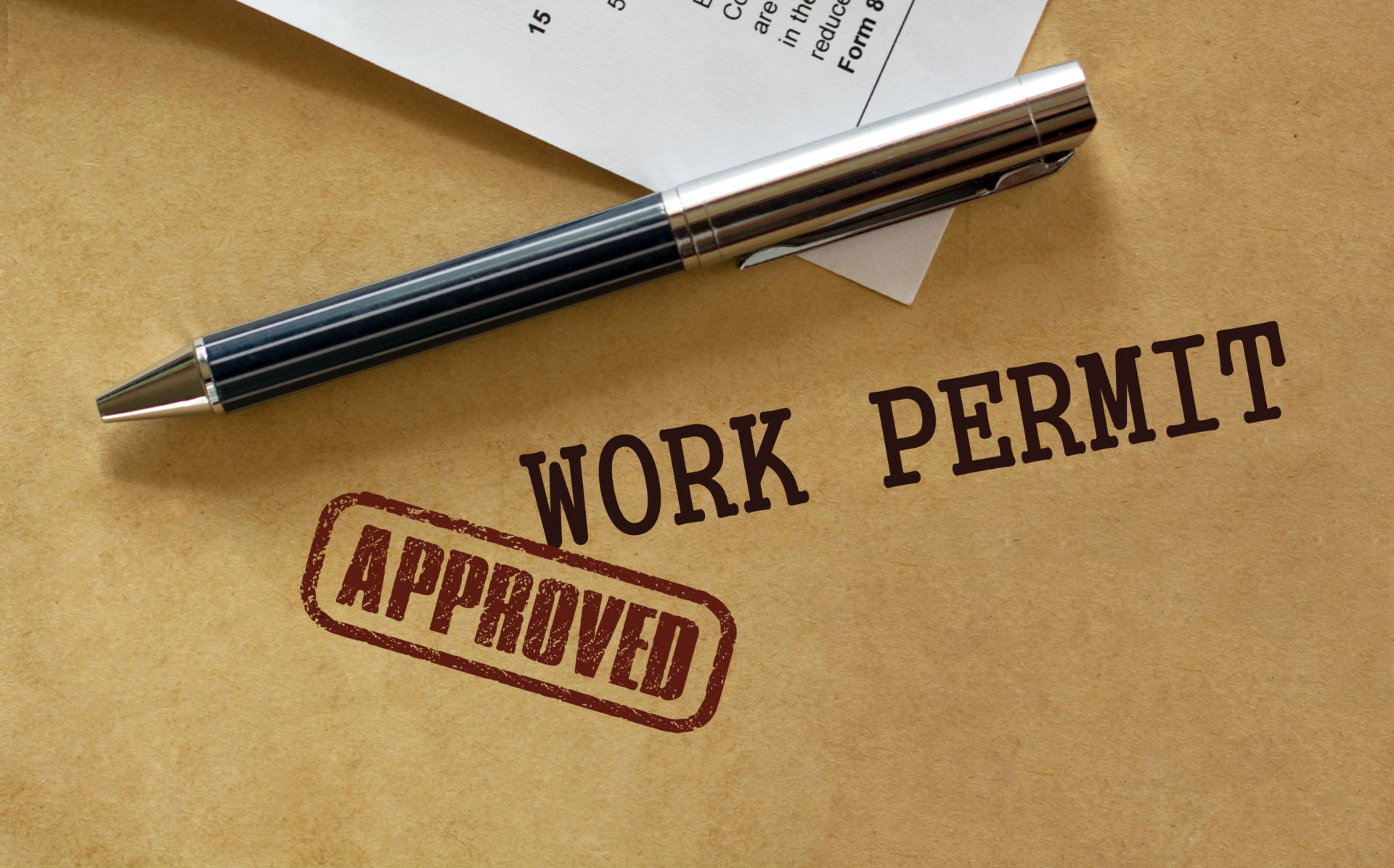
Foreigners should be informed that employees residing in Israel are granted short residency cards for a significant amount of time, but long-term visas are more difficult to get. Even though the nation does have an entrepreneurial program, there is no such thing as a self-employment permit.
If you’re curious about how to file for an Israeli work permit, we’ll go over the several types of employment visas available. The Israeli permit registration and procedure differ depending on the kind of job you conduct in the state. Specialists, researchers, rising employees, and others are eligible for this visa.
Work Visas and Employment-Based Visas
A person moving to Israel for a job or trade might do so with the B/1 working card, which combines working and occupational visas.
How to Apply for a B-1 Employment Permit
The B/1 working card is a commercial license that allows employees to reside in Israel for a fixed period to operate. Specialists, researchers, high-tech professionals, and musicians receive it. This permit is extendable. You will only require the permit if you are operating in Israel for less than one month.
If you intend to live and operate further than this timeframe, you will also need a working visa. It can be done at the exact time of the visa application. Before going to Israel, you will have to request both in your home nation. You must apply to an Israeli embassy.
Criteria for a Work Permit
The following are the conditions for an Israeli employment license for this permit:
- visa questionnaire
- confirmed certification of excellent behavior
- Authorization from the Department of the Affairs
- confirmation of a health examination conducted by a health institution
- biometrics
- Two passport-size photographs
- a certified letter from your hirer declaring that they plan to hire you
Immigration will verify your permit when you enter, and it will be eligible for one month. Before the one month is over, you must request a renewal. Upgrades are good for up to 12 months and enable you to depart and visit Israel as often as you like.
Following are requirements according to your conditions and occupations:
Professionals on the job for a Limited Time
If you are a specialist operating for up to three months, you will be given a B/1 permit and will require the following documents:
- Typical Israeli average wage
- Educational credential
- a photocopy of your passport (valid for at least a year and six months from the beginning of the process)
- power of attorney
- three passport-size pictures
- No criminal record
- health approval (issued within the previous three months)
It takes two to three months for the application to be processed. On a B-1 card, you can also get a separate brief working permit that enables you to operate in the nation for up to 45 days.
Intellectual and Non-Academic Subject Matter Experts
Experts operating in educational or non-academic disciplines for more than 90 days will be awarded a B-1 permit and must apply for an employment permit.
- a decent pay
- Covering letter
- educational diplomas
- a photocopy of your passport
- filled and approved registration forms
- three passport-size pictures, with light background
- A clean record
- A health certificate from professional doctors
These employees can reside and operate in Israel for five years from the date they first arrive. The processing time for a visa is normally two to three months.
Work Permit for International Journalists
The B/1 visa is distinctive in that it must be applied for after an overseas reporter has reached Israel. Publishers must visit the country as tourists and apply for a Short term Media Permit before working. They can file for a permit at the Department of Home affairs afterward. The approval time ranges from two to three weeks from the date of submission.

